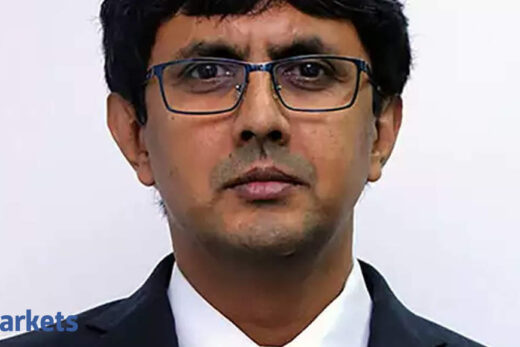Like every year, the common man had high expectations from the Union Budget for income-tax sops, while it was also anticipated that the government may impose an additional levy in the form of a Covid cess or surcharge. Neither of these made the fine print of the Budget.

Extension of affordable housing deduction
Additional deduction of up to Rs 1.5 lakh per annum was introduced in 2019 for interest on loan for purchase of an affordable house (whose stamp value does not exceed Rs 45 lakh) by first time homebuyers. Such deduction was subject to the conditions that the loan shall be sanctioned on or before March 31, 2020, which was further extended to March 31, 2021 last year. Now it has been proposed to further extended to March 31, 2022.
No ITR filing for senior citizens
In order to ease the compliance burden on taxpayers who are 75 years or above, it is proposed to exempt them from filing the income tax return provided they do not have any income other than pension income and interest from the same specified bank where pension income is credited. The bank will be required to deduct the necessary taxes at source at the time of payment basis certain details furnished by the said taxpayer.
 Agencies
AgenciesRelaxation to non-resident Indians
The Finance Minister recognised that a non-resident Indian returning to India, generally faces issues with respect to their accrued incomes in their foreign retirement accounts. This is usually due to a mismatch in timing of taxation of such income in the foreign country and India. They may also face difficulties in getting credit for Indian taxes in foreign jurisdictions. For removing such hardship of double taxation, the Budget provides that the government will soon notify rules regarding the taxability in the hands of such NRIs relating to their withdrawal/ redemption proceeds from their foreign retirement accounts which were opened whilst being non-resident in India.
Dispute Resolution Committee for small and medium taxpayers
With an endeavor to reduce litigation for small and medium taxpayers and provide tax certainty, it has been proposed to constitute a Dispute Resolution Committee. It would aid in preventing new disputes and settling the issue at the initial stage, which will be faceless to ensure efficiency, transparency and accountability. Any taxpayer with a taxable income up to Rs 50 lakh and disputed income up to Rs 10 lakh shall be eligible to approach the committee.
Relaxation from payment of advance tax for dividend income
As the amount of dividend income cannot be estimated accurately by the shareholders for paying necessary advance taxes through specified installments, it has now been proposed that the advance tax liability on dividend income shall arise only after the declaration/ payment of dividend by the company.
Tax exemption on Ulip proceeds capped
It has been interestingly proposed that for ULIPs taken on or after Feb 1, 2021 the maturity proceeds of policy with an annual premium of more than Rs 2.5 lakh will be taxable on par with equity-oriented mutual fund. In case of individual holding multiple Ulips, the exemption shall be available only with respect to such policies aggregate premium whereof does not exceed Rs 2.5 lakh for any of the previous years during the term of any of the policy. In other words, this cap on exemption brings parity between Ulips and long-term investments into equity mutual funds.
Taxability of interest earned on PF contribution
Under the existing tax provisions, interest received/accrued from employee’s provident fund (EPF) contributions and contribution to public provident fund (PPF) is exempt from tax. In order to rationalise tax exemption for the income earned by high income taxpayers, it is proposed that the interest earned by the provident fund contributions (both EPF and PPF) above Rs 2.5 lakh separately for EPF and PPF a year will now be taxable. This will only apply to the employee’s contribution and not that of the employers in respect of EPF.
To conclude, it is encouraging to see that there are no surprises on personal tax rates and deductions, and a commitment to dispute resolution and rationalisation of compliance limits where possible in this year’s Budget.
(Parizad Sirwalla is Partner and Head, Global Mobility Services – Tax, KPMG in India. Views are her own)



